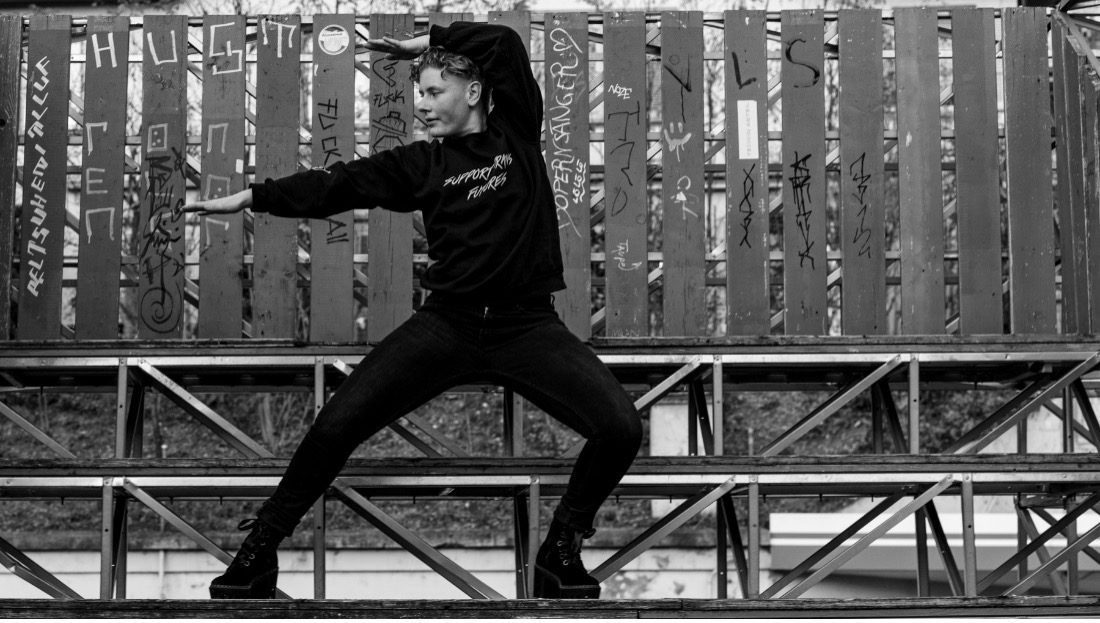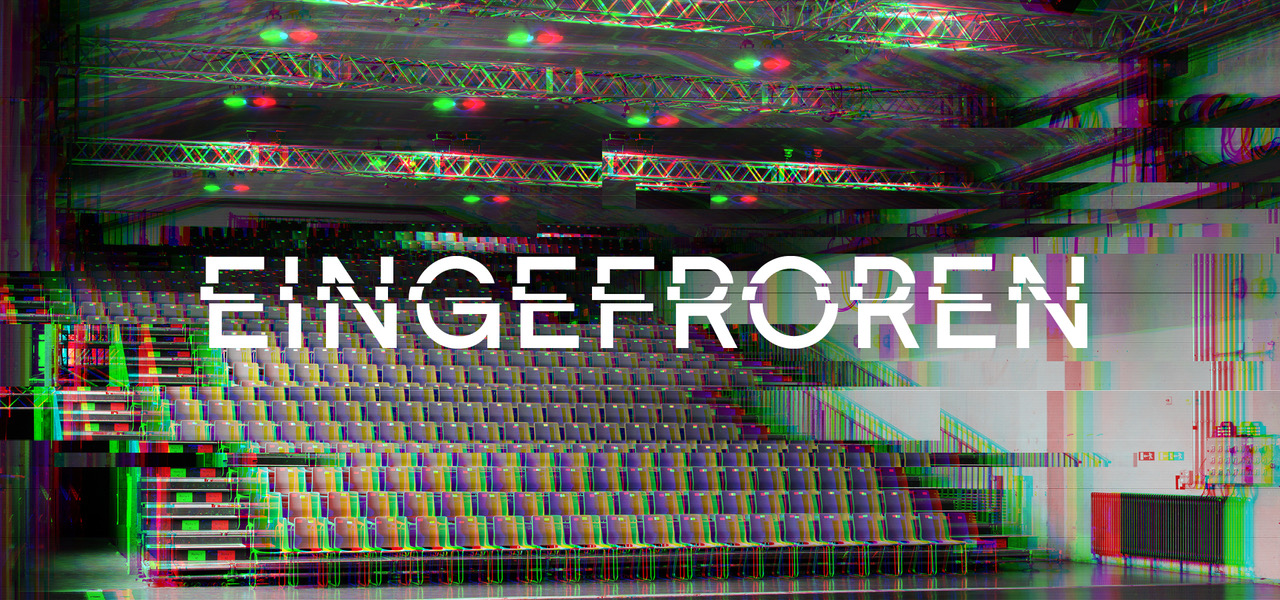«You’re frozen» is a statement that most people would’ve probably interpreted differently before the coronavirus pandemic. But these words now have a brand-new meaning: Our image on Zoom, Skype, Facetime or some other digital meeting space has become frozen due to a bad WiFi connection, or the sound keeps cutting out. The idea of being «frozen to the spot» refers to these annoying phenomena that we currently have to deal with in our everyday lives. But the term «being frozen» can also be used when alluding to other, more profound aspects of our lives.
Our perspectives appear to be frozen. While having kicked off previous years with a bang, we’re now being forced to start this one at a somewhat slower pace. What will the future bring, will things continue as before or will we see much change, where am I in all of this uncertainty, and when will the pandemic finally be over and done with? The answers to these questions are either vague, uncertain or non-existent. Forecasting anything is just as difficult as planning something.
The pandemic has touched everyone in some way or other. It particularly affects the human body, as this is the target of the virus. On the one hand, we are losing sight of our body, and on the other hand, it is still omnipresent. As a result, bodies disappear because they are dying, because they are avoiding public spaces to protect themselves or because gatherings are forbidden. On the street, masks have become an indispensable part of our daily lives, hiding our faces and thus our facial expressions. At the same time, we’re more aware of our own bodies than ever before. A cough, a sneeze and any feeling of being ill immediately gives us cause for concern. Common bodily functions that we hardly thought twice about in the past are now taken notice of – by ourselves and by others. Everything revolves around our health, resilience, freedom of movement and the survival of our bodies.
«Eingefroren» sees the return of Dampfzentrale Bern after its contemplative break. Seeing as we’re still not allowed to re-open, we have decided to come knocking on your door instead: Four artists will take up residence and work at Dampfzentrale for one week each. During this week, art, choreography, performance and theatre will be created around an issue that we feel strongly about. Every Sunday evening in February, the artists will present the results of their efforts on the following topics:
«Eingefroren»: Nils Amadeus Lange on 7 February 2021
«I’m not sick, I’m in pain»: Sun Niederer on 14 February 2021
«Well-being»: Daniela Ruocco on 21 February 2021
«Was kommt?»: Brandy Butler on 14 March 2021 (Young Audience)
Sandro Niederer

Sandro Niederer (er/ihn) wurde 1997 in der Schweiz geboren.
Zurzeit studiert er Biologie an der Universität Bern wo er Vorstandsmitglied bei der Vereinigung der Queer Students ist.
Sandro Niederer ist Gründungsmitglied des Projekts «+project» und engagiert sich damit dafür, dass schweizer Primarschullehrer*innen praktische Ressourcen für den Unterricht bezüglich LGBTQI+ Themen zur Verfügung stehen.
Als Prince des Kiki ballroom Hauses House of B. Poderosa tritt er regelmässig an queeren Anlässen auf.
Zusammen mit Mitgliedern des House of B. Poderosa wird er euch in eine farbenfrohe, queere und schmerzliche Performance zum Thema «I`m not sick- I`m in pain» mitnehmen.

